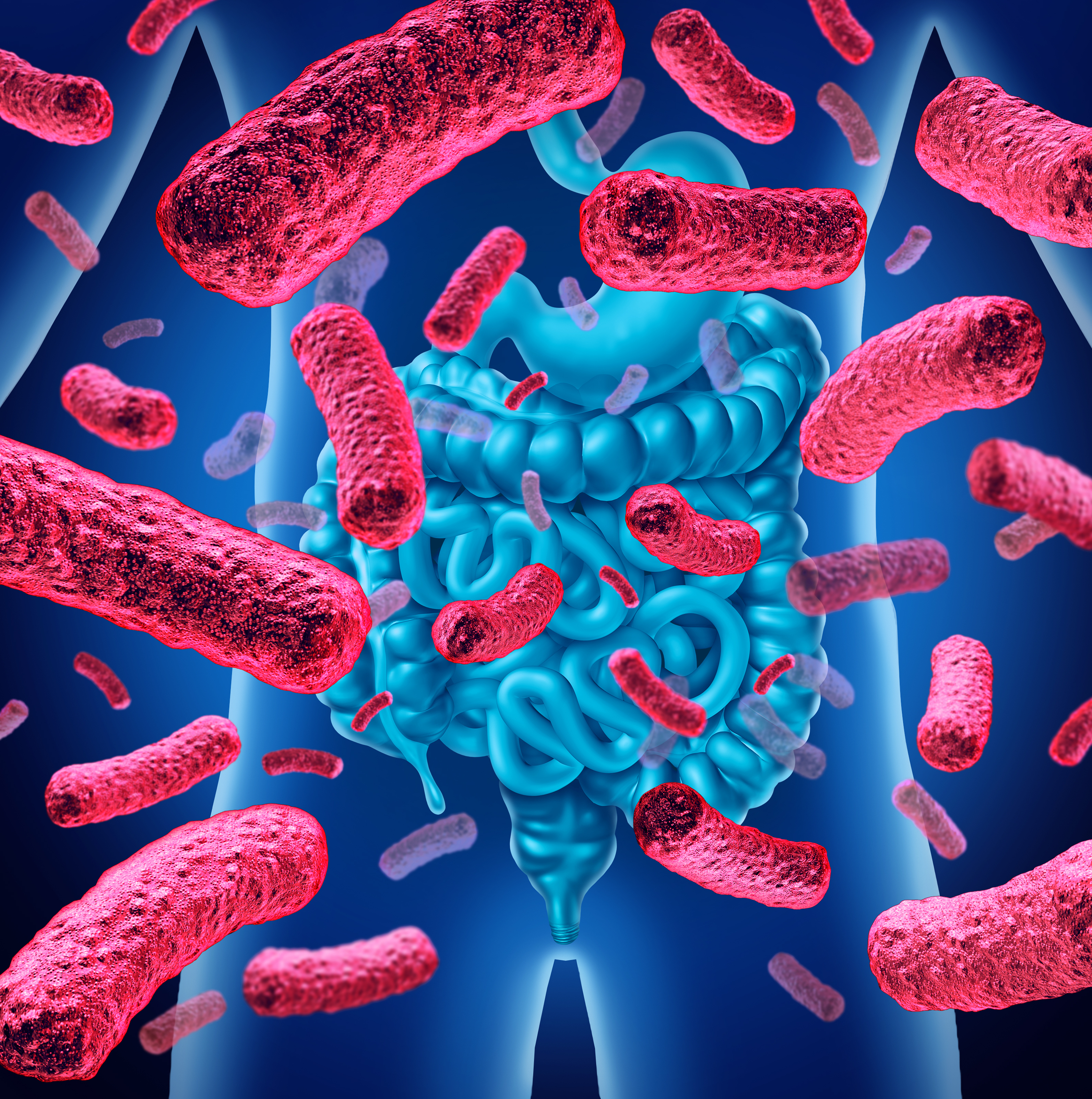Gastrointestinal Health and Disease
 Inflammatory bowel diseases (IBD) impose a significant health and monetary burden in the developed world, with ~1 in 200 people affected in the US. In the developing world, microbial infections cause approximately two billion cases of diarrheal disease annually and 1.5 million deaths. A subset of diarrheal pathogens, including Salmonella Typhimurium and Shigella can cause inflammatory events that mimic several clinical hallmarks of IBD, including a massive neutrophil influx into the intestinal lumen. To understand the molecular mechanisms driving this pathological process, studies within the Program were the first to discover that the intestinal epithelium balances the secretion of pro- and anti-inflammatory lipids through surface efflux pumps (multidrug resistance transporters) to control neutrophil infiltration and maintain homeostasis in the healthy intestine. More recently, we have shown that the gut microbiome is essential to the homeostatic control of this inflammatory response. Overall, our work is revealing new insights into how modulation of the microbiome community may promote intestinal health, which may also explain how commensal bacteria stabilize a state of tolerance or how genetic variations in specific elements of the pathways we uncovered might predispose individuals to development of IBD. The current studies will therefore profoundly enrich our understanding of intestinal health and disease that might also be applied to improving public health. To this end, we have already translated some of these findings to a novel IBD FDA approved therapeutic that is now entering clinical trials.
Inflammatory bowel diseases (IBD) impose a significant health and monetary burden in the developed world, with ~1 in 200 people affected in the US. In the developing world, microbial infections cause approximately two billion cases of diarrheal disease annually and 1.5 million deaths. A subset of diarrheal pathogens, including Salmonella Typhimurium and Shigella can cause inflammatory events that mimic several clinical hallmarks of IBD, including a massive neutrophil influx into the intestinal lumen. To understand the molecular mechanisms driving this pathological process, studies within the Program were the first to discover that the intestinal epithelium balances the secretion of pro- and anti-inflammatory lipids through surface efflux pumps (multidrug resistance transporters) to control neutrophil infiltration and maintain homeostasis in the healthy intestine. More recently, we have shown that the gut microbiome is essential to the homeostatic control of this inflammatory response. Overall, our work is revealing new insights into how modulation of the microbiome community may promote intestinal health, which may also explain how commensal bacteria stabilize a state of tolerance or how genetic variations in specific elements of the pathways we uncovered might predispose individuals to development of IBD. The current studies will therefore profoundly enrich our understanding of intestinal health and disease that might also be applied to improving public health. To this end, we have already translated some of these findings to a novel IBD FDA approved therapeutic that is now entering clinical trials.
Top Publications:
- Salmonella pathogenesis and processing of secreted effectors by caspase-3
- A Salmonella nanoparticle mimic overcomes multidrug resistance in tumours
- Intestinal P-glycoprotein exports endocannabinoids to prevent inflammation and maintain homeostasis
- Gut microbiota regulation of P-glycoprotein in the intestinal epithelium in maintenance of homeostasis